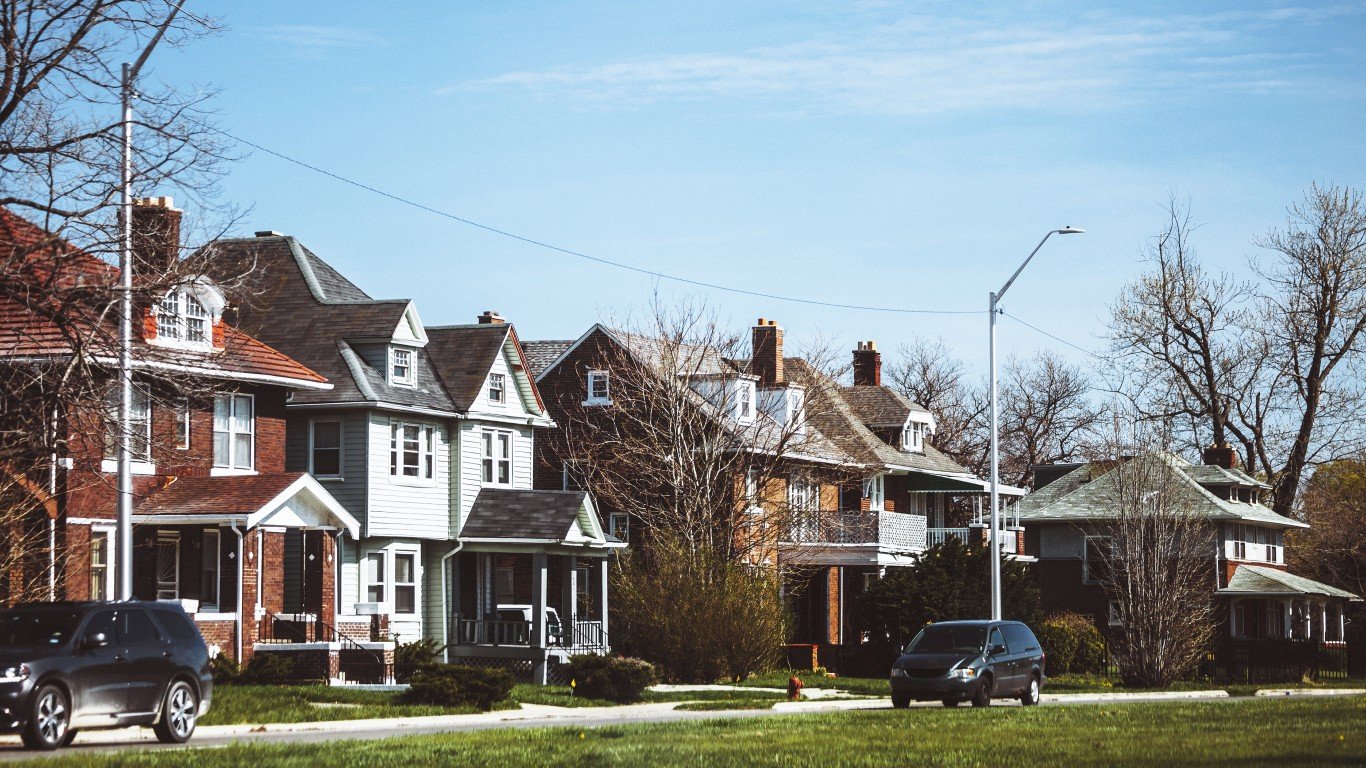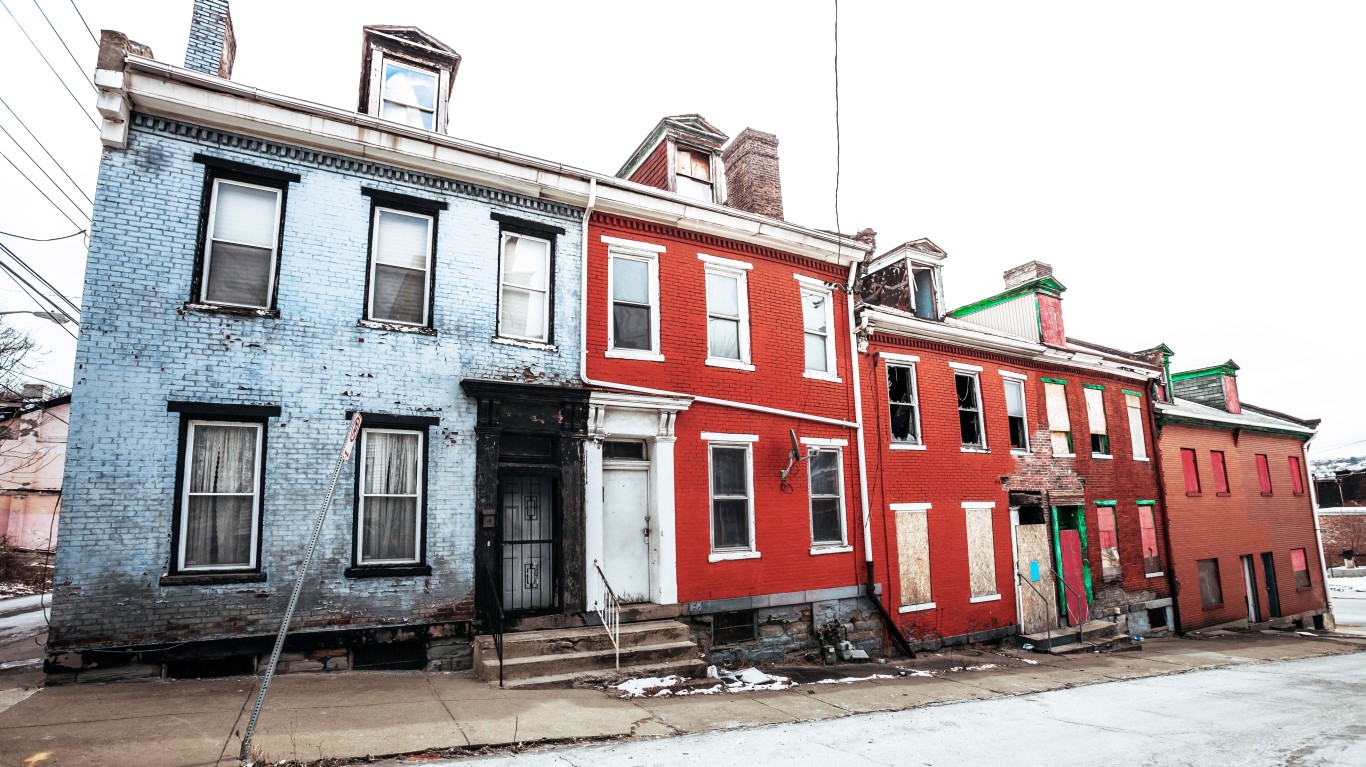Imagine if the Federal government decided to fix most of the problems in the housing market by giving the 8.8 million Americans with mortgages larger than their home values assistance.
Over two million mortgages with adjustable rates will reset this year. Even if the value of each home in that pool is only $100,000, the default risk stretches into the trillions of dollars.
At this point the Administration and Congress are actually looking at proposals to largely "fix" the housing industry. If the housing slide continues, the plans could cost tax-payers hundreds of billions of dollars. If the problem is not fixed, the question is whether that cost could eventually be higher.
The two major programs being considered now are a facility to buy delinquent mortgages and allow homeowners to replace them with lower fixed rate loans. According to The New York Times the second solution would come from a plan the FDA is considering for expanding "its new insurance program, known as FHA Secure, to help people replace their costly subprime mortgages with federally guaranteed fixed-rate mortgages."
The government is facing equally large costs if it does nothing and hundreds of thousand of more home loans go sour. That could certainly cause a number of lending institutions to become insolvent and drive down the value of the paper underlying mortgages-backed financial instruments. In turn, banks holding these investment would face hundreds of billions more in write-downs. Assistance from the Fed to keep large banks afloat could be very, very expensive.
Homes which have gone into foreclosure also damage the tax base. Their appraised value falls as does the value of homes around them. Local and state government could face huge shortfalls in property tax income. If they cannot provide essential services like school programs they would have to turn to Washington.
Unlike defaults in The Great Depression, most current delinquencies are not cause by lost jobs. They are the by-product of loans where the monthly payment has reset above the homeowner’s ability to pay.
The government does not have any good choices, but having hundreds of thousands of people pushed out of their houses may be a result that the Feds would rather avoid.
Crunch time for housing has already hit and will last at least through this year. The government is very likely to try to solve the problem with programs to lower the cost of owning homes and moving the risks of high interest rates mortgages onto the books of federal agencies.
It would be the most far-reaching government assistance program since The Great Depression, but the alternatives are gruesome.
Douglas A. McIntyre
Essential Tips for Investing: Sponsored
A financial advisor can help you understand the advantages and disadvantages of investment properties. Finding a qualified financial advisor doesn’t have to be hard. SmartAsset’s free tool matches you with up to three financial advisors who serve your area, and you can interview your advisor matches at no cost to decide which one is right for you. If you’re ready to find an advisor who can help you achieve your financial goals, get started now.
Investing in real estate can diversify your portfolio. But expanding your horizons may add additional costs. If you’re an investor looking to minimize expenses, consider checking out online brokerages. They often offer low investment fees, helping you maximize your profit.
Thank you for reading! Have some feedback for us?
Contact the 24/7 Wall St. editorial team.



